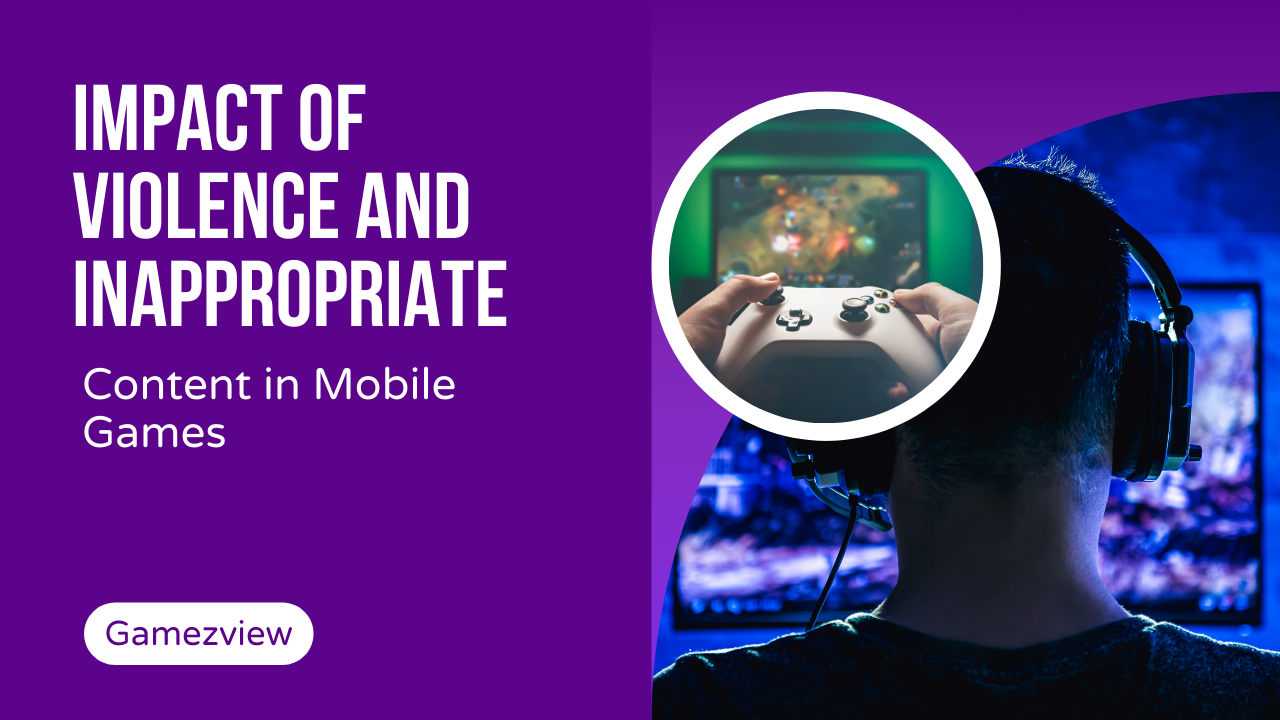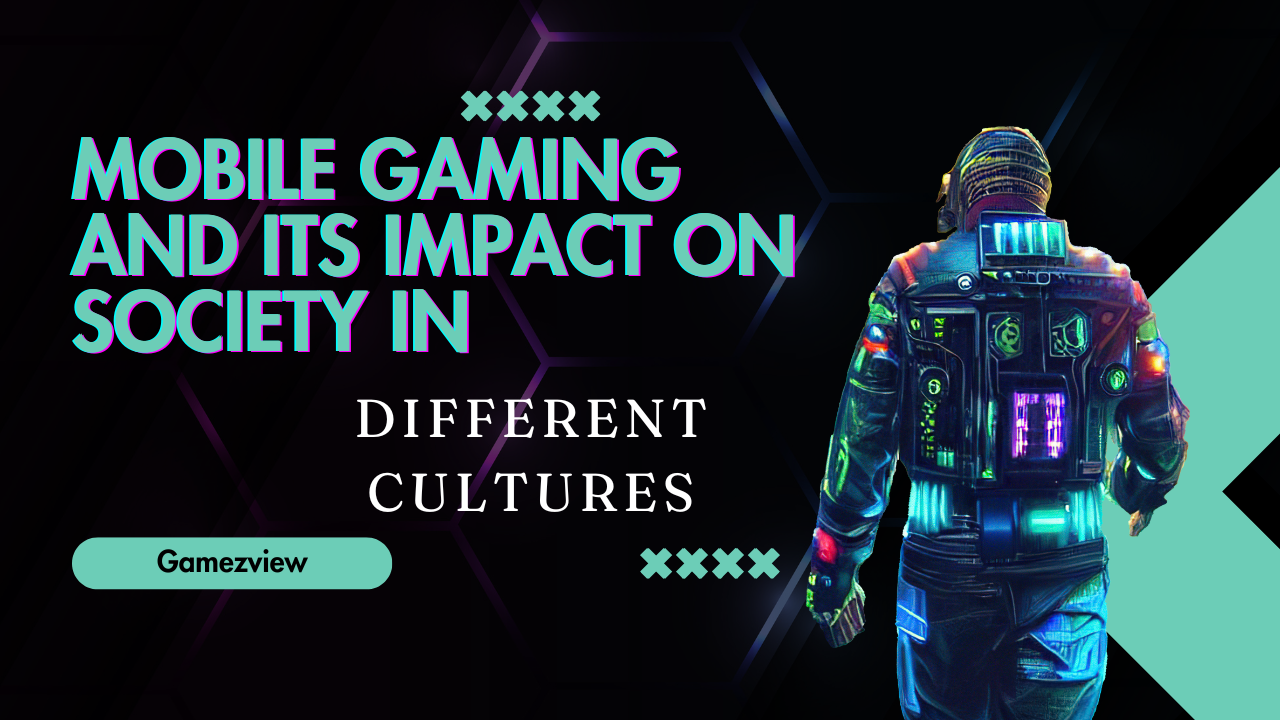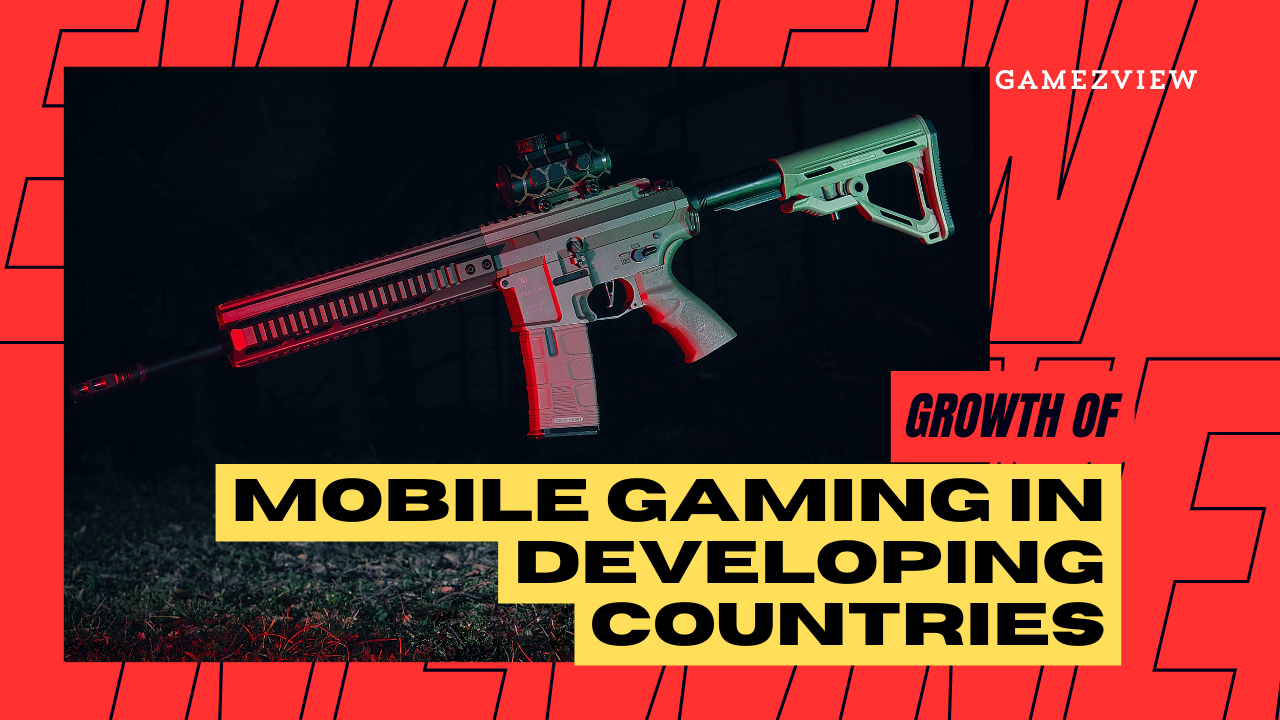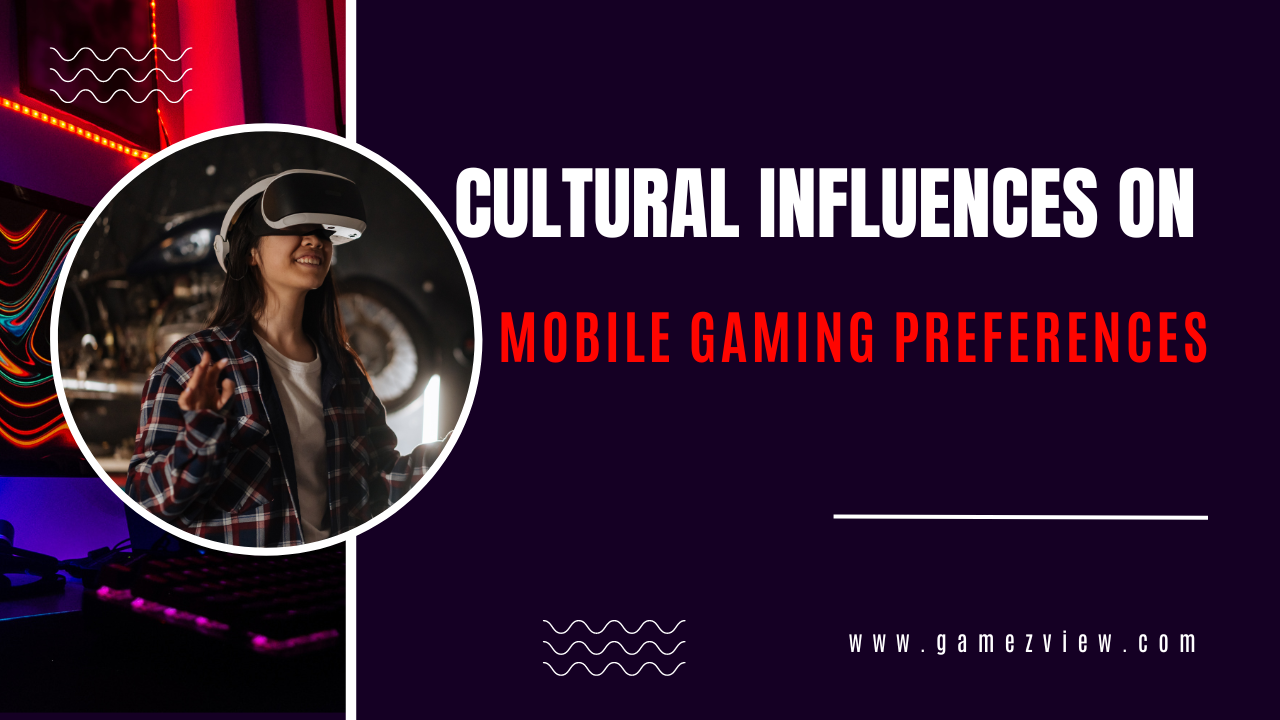Mobile gaming has become a global phenomenon, with billions of users worldwide enjoying games on their smartphones and tablets. The convenience and accessibility of mobile games have made them a popular form of entertainment across all age groups. However, as the mobile gaming industry has grown, so too has the prevalence of violence and inappropriate content within these games. This article explores the impact of such content on players, particularly focusing on the psychological, social, and ethical implications.
Understanding Violence and Inappropriate Content in Mobile Games
1. Definition and Examples
Violence in mobile games can range from mild aggression to extreme brutality, often depicted in first-person shooters, action games, and battle royales. Examples include games like PUBG Mobile and Call of Duty: Mobile, where players engage in combat with realistic weapons and graphic depictions of death.
Inappropriate content encompasses a broad spectrum, including sexual themes, explicit language, and drug use. Games such as Grand Theft Auto and Mortal Kombat often feature mature themes that may not be suitable for all audiences.
2. Prevalence in the Industry
The inclusion of violent and inappropriate content is widespread in the mobile gaming industry. Many developers incorporate such elements to appeal to a mature audience and to increase engagement through intense gameplay and thrilling narratives. As a result, even casual games may contain unexpected violent or inappropriate elements.
The Psychological Impact of Violence and Inappropriate Content
1. Aggression and Desensitization
Research indicates that exposure to violent content in games can increase aggressive behaviour and thoughts, especially in younger players. Repeated exposure can lead to desensitization, reducing the emotional response to real-world violence and increasing the likelihood of aggressive actions.
2. Emotional and Cognitive Effects
Games with inappropriate content can also affect players’ emotional states and cognitive functions. Exposure to sexual content, for instance, can lead to unrealistic expectations and distorted views of relationships and sexuality. Moreover, frequent exposure to violent content can impair empathy and moral reasoning.
3. Addiction and Behavioral Changes
The immersive nature of mobile games can lead to gaming addiction, particularly when combined with violent and inappropriate content. This addiction can result in negative behavioural changes, such as increased aggression, social withdrawal, and neglect of responsibilities.
The Social Impact of Violence and Inappropriate Content
1. Influence on Social Behavior
Violent and inappropriate content in mobile games can influence social behaviour by normalizing violence and unethical conduct. Players, especially younger ones, may imitate behaviours seen in games, leading to bullying, aggressive interactions, and antisocial behaviour in real life.
2. Impact on Relationships
The content of mobile games can also affect personal relationships. Exposure to inappropriate content may contribute to conflicts and misunderstandings in relationships, particularly when players develop distorted perceptions of social norms and acceptable behaviour.
3. Cultural and Ethical Considerations
The global reach of mobile games means that violent and inappropriate content can cross cultural boundaries, sometimes clashing with local values and ethical standards. This can lead to cultural conflicts and the spread of harmful stereotypes or behaviours that may not be acceptable in certain societies.
Regulation and Parental Control: Mitigating the Impact
1. Industry Regulations and Ratings
The mobile gaming industry is subject to various regulations and content rating systems designed to protect players from harmful content. Organizations like the Entertainment Software Rating Board (ESRB) and Pan European Game Information (PEGI) provide ratings that inform consumers about the nature of a game’s content. However, the effectiveness of these systems relies on awareness and compliance from both developers and consumers.
2. Parental Control and Supervision
Parents play a crucial role in mitigating the impact of violent and inappropriate content in mobile games. Effective parental control tools can restrict access to certain games and monitor in-game activity. Educating parents about the potential risks and encouraging active supervision can help protect younger players from exposure to harmful content.
3. Developer Responsibility
Game developers have a responsibility to consider the ethical implications of the content they create. Incorporating content warnings, age verification, and options to disable explicit content can help ensure that games are appropriate for their intended audience. Developers should also strive to create engaging games that do not rely on violence or inappropriate content for entertainment value.
Case Studies: The Impact on Real-World Scenarios
1. PUBG Mobile and Aggression
PUBG Mobile has been associated with several incidents of increased aggression among players. In some cases, excessive gameplay has led to behavioural issues, including violence towards others and neglect of daily responsibilities. The game’s realistic combat and frequent exposure to violent content have been identified as contributing factors.
2. Grand Theft Auto and Moral Decay
The Grand Theft Auto series, known for its explicit content, has sparked debates about its influence on moral values. Players engaging in illegal activities within the game may become desensitized to such behaviour, potentially leading to a reduction in ethical standards and an increased acceptance of antisocial behaviour.
3. Fortnite and Addiction
Fortnite, while not as graphically violent as some other games, has been linked to cases of gaming addiction. The game’s competitive nature and frequent updates keep players engaged for extended periods, leading to social isolation and negative impacts on mental health and academic performance.
Balancing Entertainment and Responsibility
1. Encouraging Positive Gaming Habits
Promoting healthy gaming habits can help balance the enjoyment of mobile games with responsibility. Encouraging players to take regular breaks, engage in physical activity, and interact socially outside of gaming can mitigate some of the negative impacts associated with excessive gameplay.
2. Developing Ethical Content
Game developers can play a pivotal role by focusing on creating engaging and positive content that promotes problem-solving, teamwork, and creativity. Games that offer educational value or positive messages can provide a more balanced and beneficial gaming experience.
3. Promoting Awareness and Education
Raising awareness about the potential impacts of violent and inappropriate content in mobile games is crucial. Educational programs and campaigns can inform players, parents, and educators about the risks and encourage responsible gaming practices.
Navigating the Complex Landscape
The impact of violence and inappropriate content in mobile games is a complex issue that requires careful consideration from all stakeholders, including players, parents, developers, and regulators. By understanding the potential risks and taking proactive steps to mitigate them, we can ensure that mobile games remain a source of entertainment and enjoyment without compromising mental health and social well-being.



